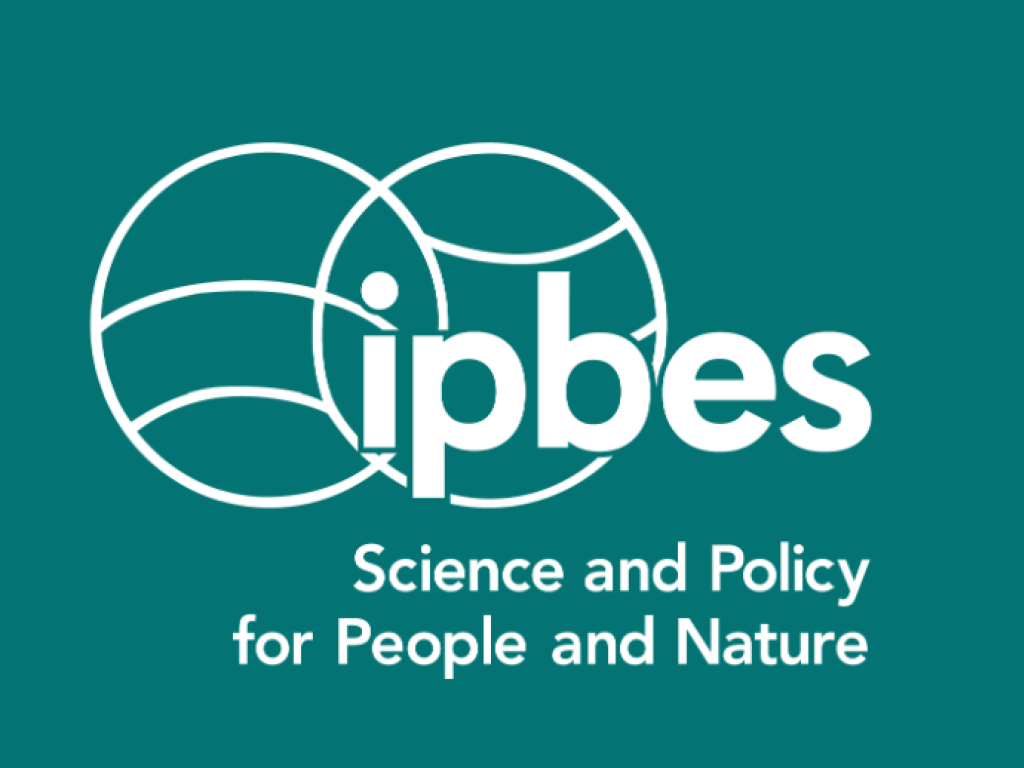First Ever African Plenary of IPBES:
Science and Evidence to
Address Global Biodiversity Crisis
- Representatives of almost 150 Governments are meeting in Windhoek, Namibia
- Considering approval of two major new scientific reports on Transformative Change and on Nexus of crises in biodiversity, water, food, health and climate change
- Considering scope of 2nd Global Assessment Report
- To request post-embargo interviews with the Nexus and Transformative Change authors: https://forms.gle/DYFHQJt4UdGH5R689
Windhoek, Namibia – On Tuesday, 10 December 2024, representatives of almost 150 Governments have started a week-long meeting with some of the world’s leading scientific experts on biodiversity in Windhoek, Namibia to tackle a range of challenges related to biodiversity loss and the degradation of nature’s contributions to people around the world.
The eleventh session of the Plenary of the Intergovernmental Science-Policy Platform on Biodiversity and Ecosystem Services (#IPBES11) will be the first ever meeting in Africa of the global body tasked with presenting decision-makers with the best-available science and expertise, to inform policy and action on nature.
“As the first Chair of IPBES from Africa, it is wonderful to also have the opportunity to conduct the first ever session of the IPBES Plenary on African soil,” said Dr. David Obura (Kenya). “#IPBES11 is tremendously important to inform and help shape policy and actions that support biodiversity and just, sustainable futures for people and nature across the world. I would particularly like to thank H.E. President Nangolo Mbumba and all the people of Namibia for their remarkable hospitality and generosity in hosting the IPBES Plenary.”
Addressing delegates in person about the importance of the meeting, Namibian Minister of Environment, Forestry and Tourism Pohamba Shifeta, remarked: “Let IPBES-11 be a turning point where science, policy, and global collaboration come together to secure a future where biodiversity thrives, and humanity flourishes alongside each other. The findings of the IPBES Nexus and Transformative Change Reports highlight the urgent need for integrated, cross-sectoral approaches. Namibia calls on all stakeholders to strengthen international cooperation, increase financial and technical support for biodiversity-rich nations, and prioritize the inclusion of local communities in conservation strategies.”
Among the most important agenda items for the 11th session of the IPBES Plenary will be the consideration by the member States of two landmark new IPBES assessment reports.
The IPBES Nexus Assessment explores the interlinkages and interconnections between crises in biodiversity, water, food, health and climate change – and will offer decision-makers a wide range of options for action across all of these challenges together, rather than in separate single-issue silos, which will also support just and sustainable outcomes across these crises.
The IPBES Transformative Change Assessment focuses on the underlying drivers of biodiversity loss and the kind of system-wide changes needed to conserve and restore biodiversity for a more just and sustainable world.
For more details about these two major new reports see the information notes on each (available in more than a dozen languages) here: www.ipbes.net/ipbes-11/primers
The Plenary will also consider approving the scope of a vital new assessment – the Second Global Assessment of Biodiversity and Ecosystem Services – a follow-up to the seminal 2019 IPBES Global Assessment, which alerted the world to the fact that a million species of plants and animals now face extinction.
Although the Plenary session itself is closed to media, the opening ceremony on Tuesday (10 December) will be webcast live from 9.30 a.m. CAT (8.30 CET/7.30 GMT), and will be accessible online at: https://bit.ly/IPBES11Opening
The media launch for the new IPBES Nexus Report is set to begin on Tuesday, 17 December at 3 p.m. CAT (2 p.m. CET / 1 p.m. GMT) and the media launch for the new IPBES Transformative Change Report is planned to start on Wednesday, 18 December at 3 p.m. CAT (2 p.m. CET / 1 p.m. GMT). Both launches will also be webcast live.
Media wishing to receive the embargoed media materials for the two report launches are invited to apply for accreditation here: www.ipbes.net/ipbes-11/media-accreditation/registration
About IPBES:
IPBES is an independent intergovernmental body comprising almost 150 member Governments and many non-governmental observer organisations. Established by Governments in 2012, it provides policymakers with objective scientific assessments about the state of knowledge regarding the planet’s biodiversity, ecosystems and the contributions they make to people, as well as the tools and methods to protect and sustainably use these vital natural assets. For more information about IPBES and its assessments visit www.ipbes.net
For IPBES Enquiries & Interviews:
To request post-embargo interviews with the Nexus and Transformative Change authors: https://forms.gle/DYFHQJt4UdGH5R689
+1-416-878-8712 or +49-176-212-09437
For Namibian Ministry of Environment, Forestry and Tourism:
Donald.doeseb@meft.gov.na
+264 81 234 7879
Also note that Season 4 of the IPBES Podcast (Nature Insight: Speed Dating with the Future) is already being broadcast. In the next two episodes, we will take a special look at the #NexusAssessment (episode 2 – available from tomorrow, 11 Dec) and at the #TransformativeChange Report (episode 3 – available from 18 Dec). In these episodes, we will speak with co-Chairs of these assessments about what they cover, why they are so important, and some very concrete real-world examples to help make these issues real and relevant to everyone.
Please do listen to episodes 2 and 3 – available wherever you get your podcasts, or directly at https://natureinsight.podbean.com.
